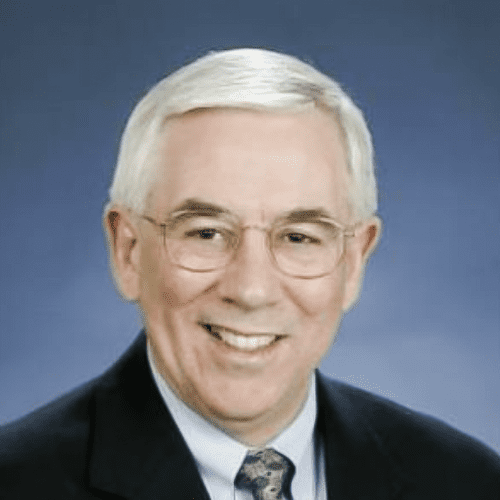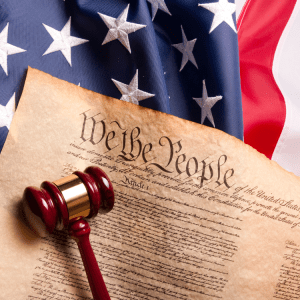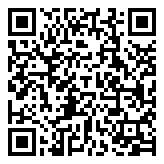CLS: Preserving Democracy: By the People
This widget is displayed if cost is set. In order for the widget in this page to be displayed correctly, please set cost for your last event.How to set cost
Free and fair elections are the foundation of representative democracy. Explore ways we can ensure that elections continue to be free and fair in a polarized American political landscape. This week’s lecture series is supported by the Knobel Family Endowment. Please note lectures will not be held on Thursday, July 4.
Paul Beck
Monday, July 1, 10:30 a.m. | Orchestra Hall
“Partisan Polarization in the U.S.”
In recent years, the U.S. has been mired in partisan polarization, with political party leaders and loyalists probably more adversarial than since the Civil War era.
This lecture examines political polarization among both voters and leaders and how it has grown since the early 1990s.
Its sources will be located in the increasingly partisan echo chambers of the mass media and interpersonal discussion networks, the role of money (especially “dark” money), “selection effects” that promote extremist leaders and drive moderates out of politics, legislative districting that secures one-party dominance, deep societal divisions over ethnicity and religion, and the extremist rhetoric of campaigns and political leaders.
The effects of polarization are exacerbated by close elections and the filtering of popular votes through antimajoritarian features of the American polity, such as the Electoral College, a Senate representing states rather than people, and the lifetime tenure of a powerful Supreme Court.
Tuesday, July 2, 3:30 p.m. | Orchestra Hall
“Partisan Polarization Across the World”
The U.S. is not the only country that has experienced high levels of polarization in recent decades. Drawing upon surveys conducted in more than four dozen country elections by the Comparative National Election Project (CNEP), voters in Brazil, Mozambique, South Africa and Hungary will be shown to have comparable levels of polarization to Americans.
Other countries (e.g., Indonesia, Italy, Mexico and Germany) by contrast, have not regularly experienced deep polarization among voters even if their leading legislative parties are highly adversarial.
This talk views polarization cross-nationally based on the CNEP voter surveys. It explores its sources through protective echo chambers of interpersonal discussants and media, leadership influence, divisions along religious, ethnic and ideological lines, and convergent party and ideological loyalties.
By comparing over two dozen countries, it also examines whether unique features of particular elections and electoral systems (e.g., presidential vs. parliamentary, majoritarian vs. proportional) can affect polarization.
Wednesday, July 3, 10:30 a.m. | Orchestra Hall
“Current Threats to Democracy”
Democracy is often under threat, no more so than in recent years. Anti-democratic authoritarians govern in China, Russia and formerly democratic countries such as Hungary and Venezuela. The specter of authoritarianism also haunts the upcoming 2024 election in the U.S.
This lecture examines the most prominent threats to democracy. They include challenges to free and fair elections, an independent media and the rule of law, militarization of the political system, and the threat or even reality of violence from opposite partisan sides in the contest for political power.
At the core of current threats to democracy lies a high degree of political polarization in many societies, including the U.S., that reduces partisan politics to a zero-sum struggle between friends and enemies.
Friday, July 5, 10:30 a.m. | Orchestra Hall
“Looking Ahead at Prospects for the 2024 U.S. Election”
The upcoming 2024 election is shaping up as one of the most important elections in American history, for both who controls the national government and how it impacts American democracy.
This lecture previews the contests for Congress and the presidency. The ruling parties in the both the House and Senate now enjoy bare majorities. Whether they maintain or lose power will depend mostly upon House contests in only the 10-15% of all districts that are competitive and the Senate contests in states with Democratic Senators won by Trump in 2020.
The presidential contest seems likely to be a return engagement between the 2020 candidates, with possible wild card effects from third party and independent candidates and a continuing antimajoritarian filter through the Electoral College. A lot can happen between July and November 2024, but an early assessment can set the stage for developments during the campaign.
 Paul Beck is currently Professor Emeritus and Academy Professor of Political Science at Ohio State University (OSU) and International Co-Coordinator of the Comparative National Elections Project, which now includes almost 70 national election surveys conducted since 1990 in 31 different countries.
Paul Beck is currently Professor Emeritus and Academy Professor of Political Science at Ohio State University (OSU) and International Co-Coordinator of the Comparative National Elections Project, which now includes almost 70 national election surveys conducted since 1990 in 31 different countries.
He has been the primary investigator of dozens of public opinion polls during his career. Most recently, he co-directed multiple surveys of voters: for Britain and France in their 2017 elections, for the U.S. in its 2020 election, for Ohio in its 2022 primary and for Brazil in its 2022 election.
Over the course of his career, Beck has published nine books and numerous articles in leading professional journals on voting behavior, political parties and public opinion. He has also received five research grants from the National Science Foundation and has been a regular commentator on politics in the media.
Beck is recipient of the Distinguished Scholar and Distinguished Service Awards from OSU and the American Political Science Association’s Goodnow and Eldersveld Awards for distinguished service to the profession and career professional contributions to the field of political organizations and parties, respectively.
He served as the Political Science Department Chair for 19 years, 13 at OSU and as Dean of Social and Behavioral Sciences at OSU.

